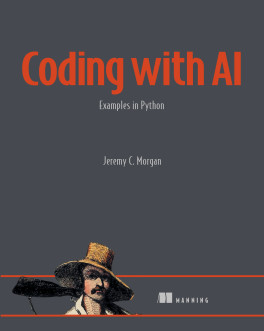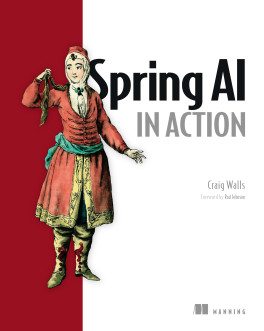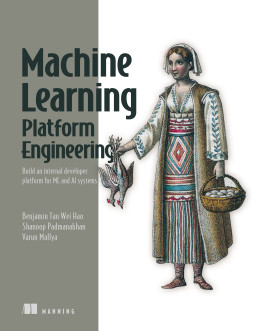pro $24.99 per month
- access to all Manning books, MEAPs, liveVideos, liveProjects, and audiobooks!
- choose one free eBook per month to keep
- exclusive 50% discount on all purchases
- renews monthly, pause or cancel renewal anytime
lite $19.99 per month
- access to all Manning books, including MEAPs!
team
5, 10 or 20 seats+ for your team - learn more

In this liveProject, you’ll fill the shoes of a developer for an e-commerce company looking to build a machine learning solution to help identify bad product reviews. If one of your company’s products receives too many bad reviews, it’s policy to take it down from the e-commerce store. Until now this process has been manual—but your boss has decided that this is too expensive and time-consuming.
Your mission is to automate this process, dramatically increasing the speed of identifying bad reviews, and decreasing the cost to your company. To complete this project you will have to train a machine learning model to recognize and rank positive and negative reviews, expose this model to an API so your website and partner sites can benefit from automatic rankings, and build a small webpage that can run your model for demonstration.
Updated March 2022
- Revised solutions for each milestone
- Added click-to-reveal help boxes with hints and guidance
- Added recommended books and learning resources
- Edited to focus on Amazon Web Services
- Added material on using AWS Lambda to support machine learning
- Clarified and simplified project prerequisites
prerequisites
This liveProject will benefit both full-stack web developers and data scientists. If you’re a web developer, you’ll expand your skillset with valuable data science knowledge. If you’re a data scientist, you’ll develop techniques for deploying and demonstrating your models.
TOOLS
- Basics of Python
- Basics of Lambda or other function-as-a-service (FaaS)
- Basics of HTML and JavaScript
- Basic Python package manager
- Basics of AWS
- Basics of NLP
 features
features
- Self-paced
- You choose the schedule and decide how much time to invest as you build your project.
- Project roadmap
- Each project is divided into several achievable steps.
- Get Help
- While within the liveProject platform, get help from fellow participants and even more help with paid sessions with our expert mentors.
- Compare with others
- For each step, compare your deliverable to the solutions by the author and other participants.
- book resources
- Get full access to select books for 90 days. Permanent access to excerpts from Manning products are also included, as well as references to other resources.
team
- five seats for your team
- access to all Manning books, MEAPs, liveVideos, liveProjects, and audiobooks!
- choose another free product every time you renew
- choose twelve free products per year
- exclusive 50% discount on all purchases
- renews monthly, pause or cancel renewal anytime
- renews annually, pause or cancel renewal anytime
-
![]() Training and Deploying an ML Model as a Microservice project for free
Training and Deploying an ML Model as a Microservice project for free


















 Training and Deploying an ML Model as a Microservice project for free
Training and Deploying an ML Model as a Microservice project for free